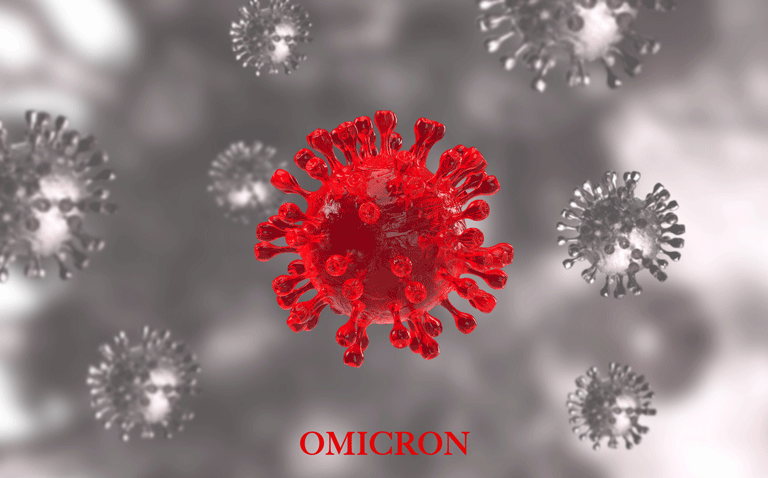Discovery Health data suggest that two doses of BNT162b2 provide 70% protection against hospitalisation during the Omicron COVID-19 outbreak
Discovery Health, a private health insurance administrator from South Africa, has released real-world data on the Omicron outbreak in South Africa, indicating that among those with at least two doses of BNT162b2, there was a 70% reduced risk of severe complications of COVID-19 that required hospitalisation.
Although a press release rather than a full, peer-reviewed study, the available data offers some insight of the first three weeks of the Omicron-driven wave in South Africa, and, as the release emphasises, the results should be considered preliminary and could change as the wave develops further.
The analysis provided in the press release includes more than 211,000 COVID-19 test results, 41% from adults who had already received two doses of BNT162b2. Among these 211,000 test results, approximately 78,000 were attributed to the Omicron variant and in those who were fully vaccinated with BNT162b2, the vaccine offered only 33% protection against infection (compared to unvaccinated individuals). However, the Discovery Health data showed that fully vaccinated individuals had a 70% protection against hospital admission during the initial wave of the Omicron variant and this protection was consistent across a range of chronic illnesses including hypertension, hypercholesterolaemia and other cardiovascular diseases. In addition, protection was maintained across all ages but was slightly lower among older patients. For example, in patients aged between 60 to 69, protection reduced to 67% and 60% for those aged 70 to 79 years.
A more worrying concern from the Discovery Health analysis was how overall, the Omicron variant appeared to be much more transmissible, with a 40% higher risk of re-infection. In those who had been infected during the second South African wave (with the beta variant), the risk was 60% higher and higher still at 73%, in those infected during the initial COVID-19 wave in the country.
With respect to children, the press release states that children under 18 years of age had a 20% higher risk of admission to hospital for COVID-19-related complications if infected with Omicron although overall, children were 51% less likely to test positive for the virus during the Omicron period.
On a more positive note, the Discovery Health analysis does indicate that COVID-19 infection caused by the Omicron variant is generally mild disease adding that ‘this lesser severity could, however, be confounded by the high seroprevalence levels of SARS CoV-2 antibodies in the general South African population, especially following an extensive Delta wave of infections.’
The current press release is both encouraging and worrying and until further data becomes available, the impact of the Omicron variant remains to be seen.










